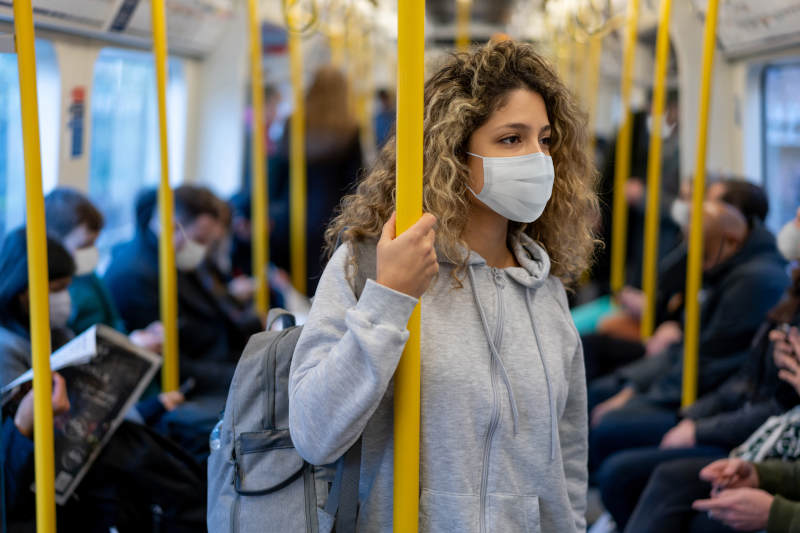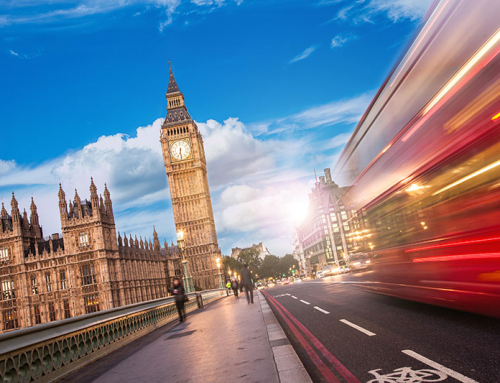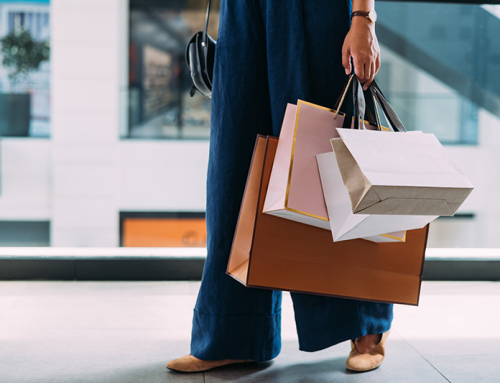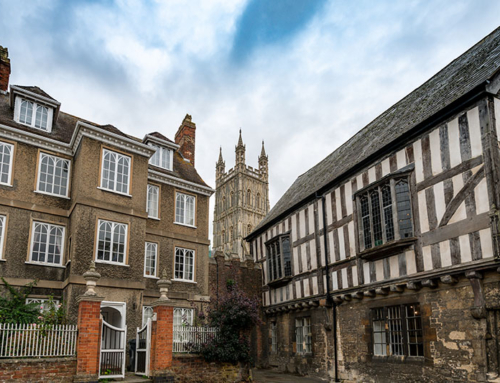With the rise in COVID-19 infections putting significant pressure on the National Health Service, medical professions are advising the UK government to push forward with their ‘Plan B’ contingency plan. Reportedly, ministers have decided to wait until after the half-term break to decide if they will enforce the restrictions.
Despite being moderate when compared to the curbs endured throughout 2020 and in the first half of 2021; these new restrictions are set to cause mild economic challenges for the country. In this week’s blog, we’re exploring the impact they’re likely to have on businesses.

What is Plan B?
The government’s ‘Plan B’ drawn up by ministers will see the return of some social distancing measures. This includes compulsory face masks in certain settings, asking people to work from home and the introduction of vaccine passports.
Under ‘Plan B’ the public would be told “clearly and urgently” about the need to exercise caution to help control the virus. Outlining the scenario in the Commons, health secretary Sajid Javid said that “although this is not an outcome anyone wants, we have to be ready just in case.”
Effect on economy
Papers drawn up by the Cabinet Office’s COVID-19 task force and the Treasury warn that moving to Plan B would cost the economy between £11 billion and £18 billion in the period up until March 2022. Although it is believed to have the biggest individual impact on reducing infections, the Treasury is particularly concerned about the affect millions working from home will have on inner-cities and towns. Less commuters will have a huge financial impact on transport companies and would significantly decrease footfall at cafes, shops, and restaurants.
Vaccine passports would have a “high impact” on the economy and could cause “wider impacts” exacerbating Britain’s supply chain crisis, the assessment finds. A separate report by the Department of Digital, Culture, Media and Sport (DCMS) estimated COVID-19 certification could cause affected venues to lose over £2bn in revenue over just six months.
Despite the concern, there is evidence to suggest that mandated mask wearing was financially beneficial in the retail/hospitality environment. In a social climate mired by health concerns, the public want to feel safe when shopping – therefore, face coverings can go a long way in putting consumers at ease.

Will cases fall naturally?
The question as to whether or not the country needs to endure further restrictions remains. Many experts at the London School of Hygiene and Tropical Medicine (LSHTM) predict that COVID cases, hospital admissions and deaths in England will peak in November and start to fall rapidly to much lower levels by Christmas.
“At the moment… we don’t think the data shows that we need to move to Plan B but that said, it’s really important that we all keep playing our part and that means getting vaccinated, especially if you’re eligible for the booster jab please come forward, and also just being cautious on a daily basis and following the advice.”
– Health Secretary Sajid Javid
Targetfollow
Since the company’s inception in 1992, Targetfollow understand the importance of agility in regards to business management. Despite there being hurdles ahead, it’s evident that the pandemic is slowly easing its grip on the United Kingdom – therefore, we believe there is much room for optimism.





